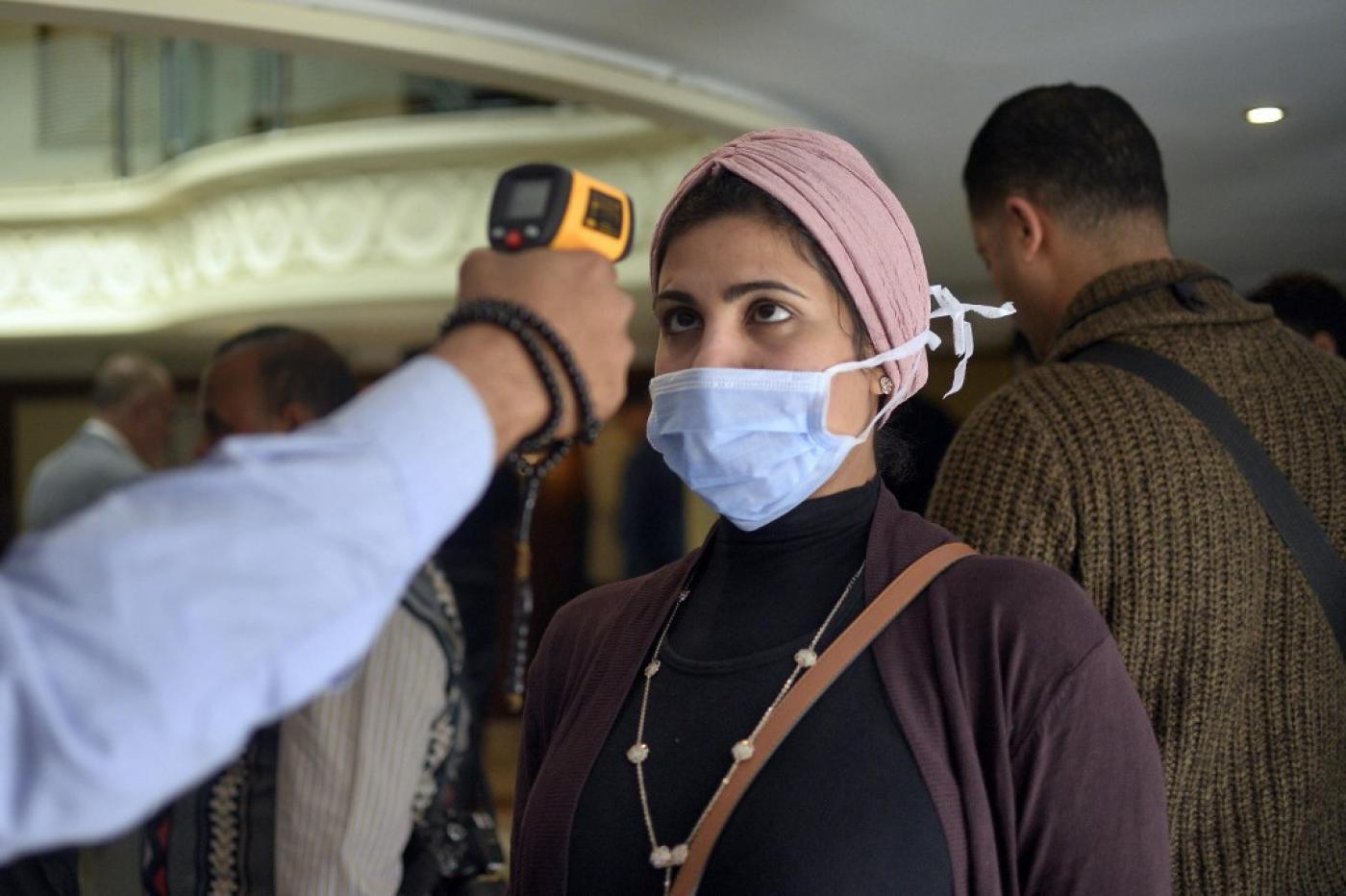Irresponsible behaviour and loose government controls have left Egypt on the brink of chaos, with its health system close to collapse. On Tuesday, the Head of the Egyptian General Authority for Health Care and assistant to the Minister of Health Ahmed Al-Sobky announced that Egypt’s isolation hospitals for people infected with COVID-19 had reached maximum capacity. That means Egypt no longer has sufficient space at dedicated hospitals available to isolate those infected with the deadly and fast-spreading virus. Unlike most European countries, and even Egypt’s regional neighbours, Egypt has ‘only’ officially recorded 7,201 positive cases of COVID-19, with a whopping 452 deaths. Affected places in the country. Source: Wikimedia Yet, Egypt’s isolation hospitals are at maximum capacity. Yet, Egypt continues to ease restrictions placed to ‘flatten the curve’ and fight the spread of COVID-19. Yet, no enforcement action is taken against the thousands who flout the curfew – which commences at 9PM and lasts until 6AM making it virtually useless – every night across Egypt. Yet, mass testing for COVID-19 remains extremely limited. Yet, Egyptians – regardless of their backgrounds – generally ignore social distancing. While the official number of…




